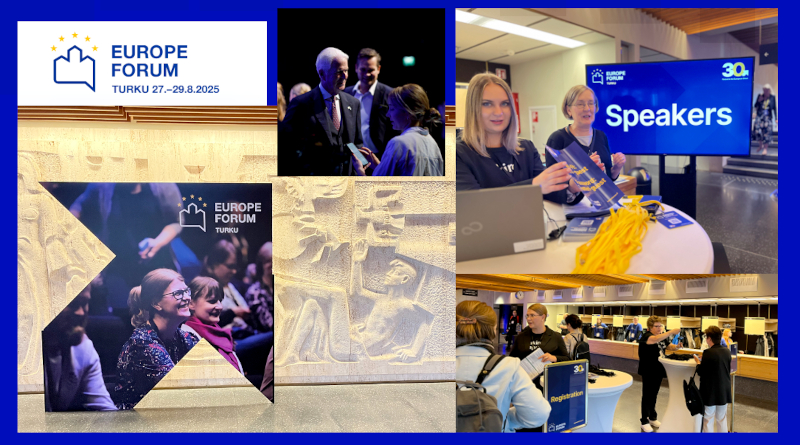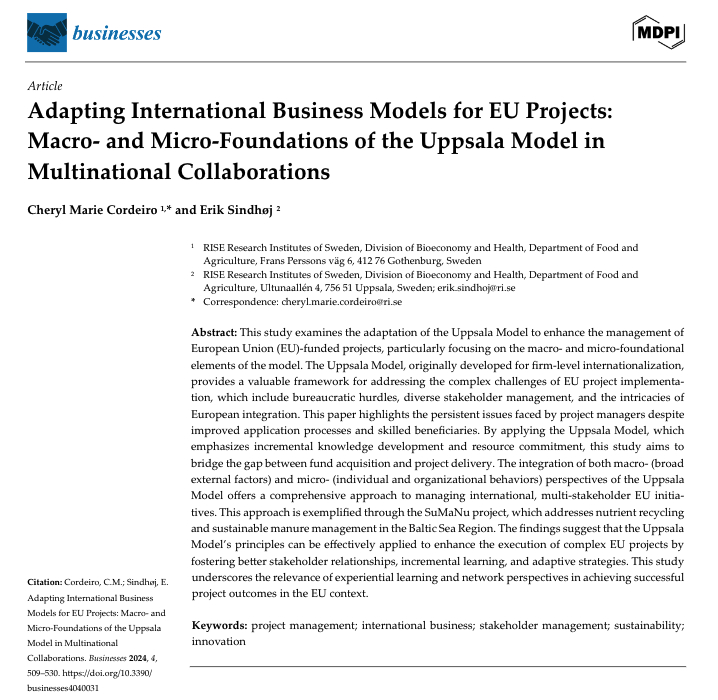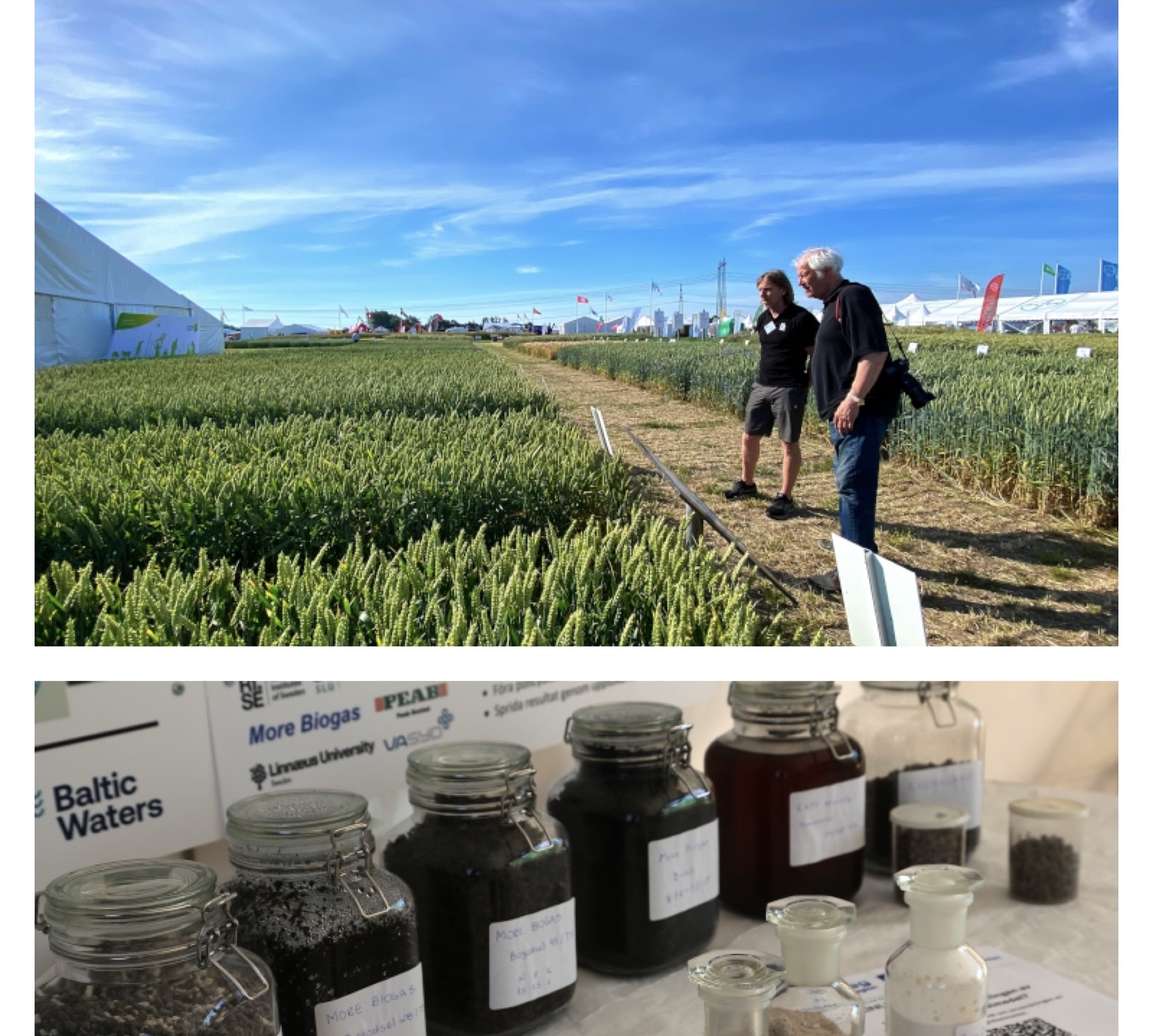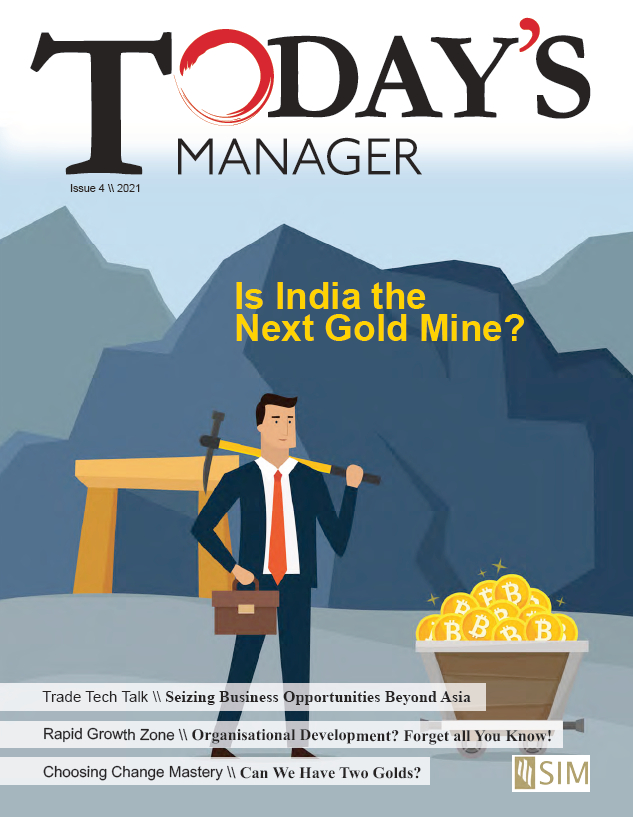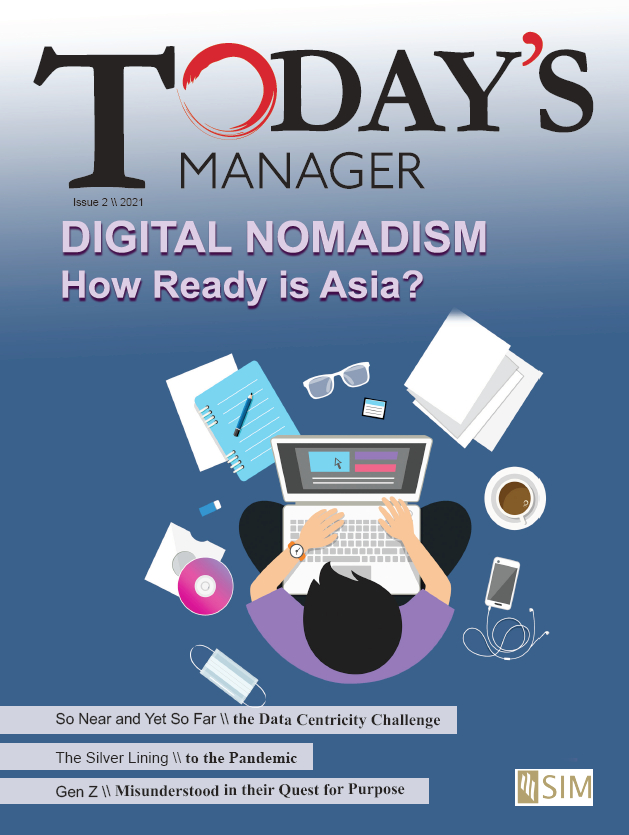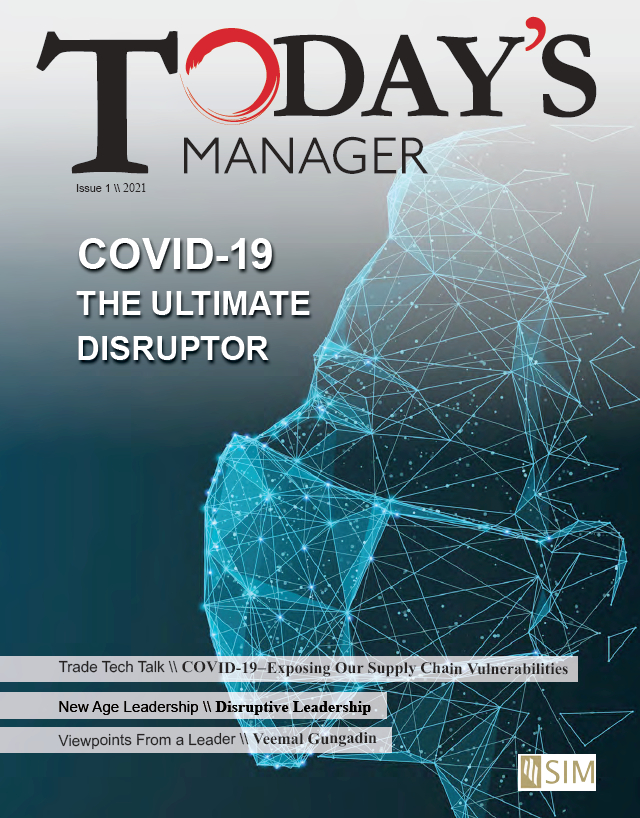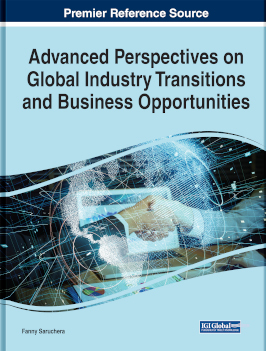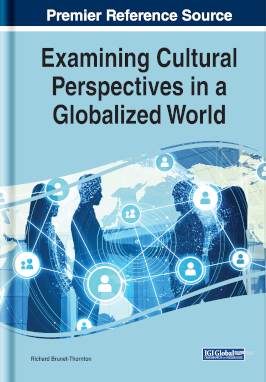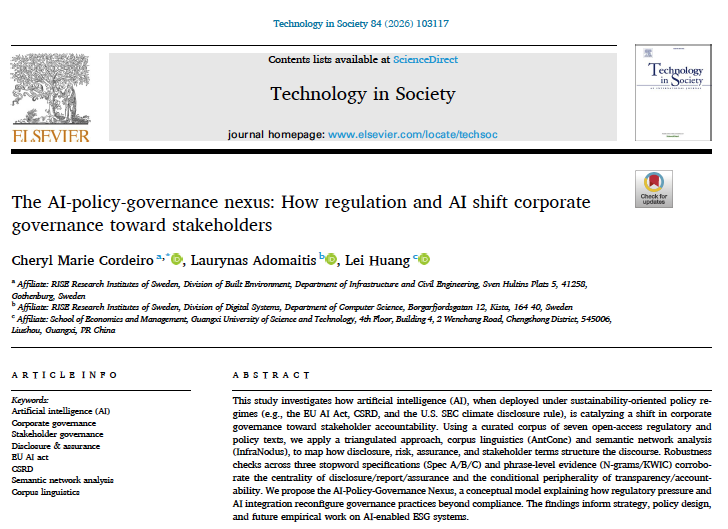
This article reports a methods-focused reading of a curated policy corpus that examines how artificial intelligence (AI), when situated within sustainability-oriented regulation, may be associated with shifts in corporate governance toward stakeholder accountability. The analysis combines corpus linguistics (AntConc) with semantic network techniques (InfraNodus) to move from dense legal language toward a transparent account of recurring concepts and their relations. While any single method has limits, the combined approach is intended to provide both textual evidence and a system-level view, so that substantive claims remain cautious and testable.
Methodology: AntConc and InfraNodus complementarities
The corpus comprises six (+1 text annex) open-access instruments that, taken together, appear to structure contemporary discussions of AI and sustainability governance across jurisdictions: the EU AI Act, the Corporate Sustainability Reporting Directive (CSRD), the U.S. SEC Climate-Related Disclosure Rule, the EU Green Deal, the OECD AI Principles, and the ASEAN Guide on AI Governance and Ethics. Source PDFs were converted to UTF-8 text, running headers and pagination were removed, article and annex references were preserved, hyphenation was normalized, and domain acronyms (AI, ESRS, SEC, CSRD) were retained to reduce semantic loss.
